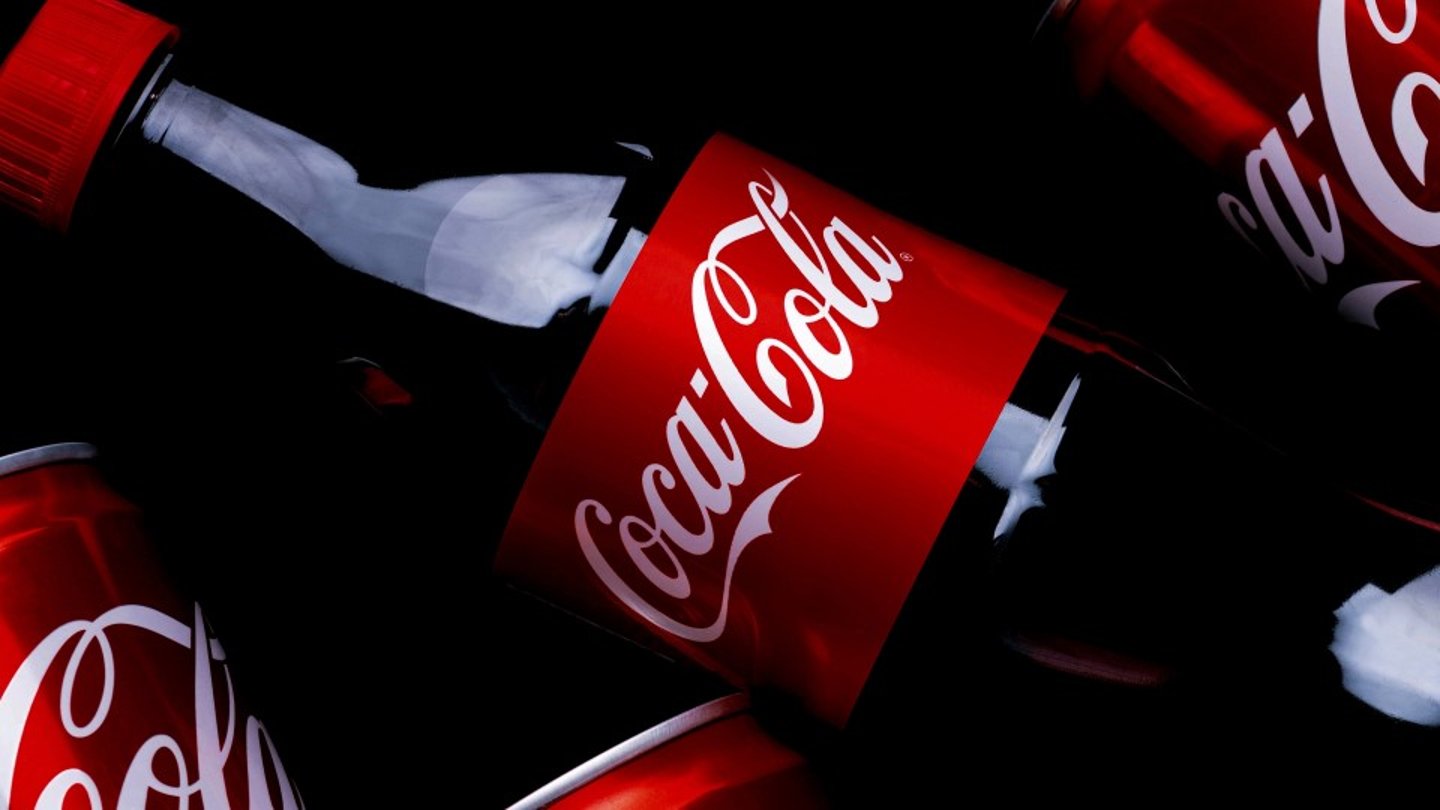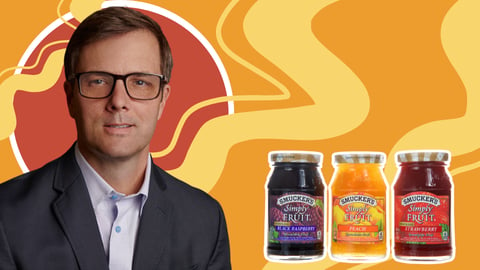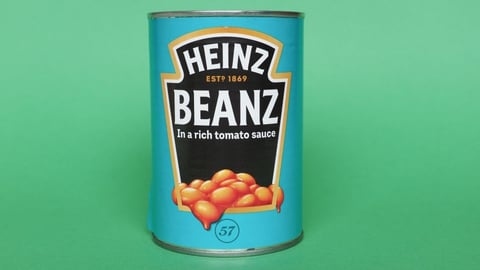Coca-Cola Sparks AI Transformation With $1.1B Microsoft Cloud Expansion
The Coca-Cola Company is bolstering its core technology strategy by committing $1.1 billion to cloud-based and generative AI-powered capabilities.
Over the next five years, Coca-Cola will continue its focus on global productivity and innovation, adopting leading-edge tech with cloud and AI platforms as the foundation. Through this effort, the company will experiment and innovate with generative AI use cases across multiple business functions, including the workforce to elevate productivity.
Coca-Cola is extending its partnership with Microsoft, building on a relationship that began in 2020 with an initial $250 million investment. The collaboration will give Coca-Cola increased access to Microsoft’s cloud and generative AI platforms, including Power BI, Dynamics 365, Defender, Fabric, and Microsoft 365.
The initial investment has helped to accelerate enterprise-wide transformation with artificial intelligence across not just The Coca-Cola Company, but also its network of global bottling partners, according to a joint press release from the two companies.
The expanded partnership was the next step in the company’s journey toward building a digital-first enterprise powered by emerging technologies, said Neeraj Tolmare, SVP and global CIO for The Coca-Cola Company
A Look at Coca-Cola’s AI Applications
Coca-Cola has experimented with myriad AI use cases across multiple business areas including marketing and the supply chain. The company’s commitment to AI was exemplified by its launch of a generative AI summit last year where the company hosted creative technologists and talked AI ambitions.
- You May Also Like: General Mills Expanding Generative AI in Procurement Amid Shift to Always-On Supply Chain
It is also currently exploring a Gen AI-powered digital assistant to help associates elevate consumer experiences, streamline operations, foster innovation, increase efficiency, and discover growth opportunities.
Here are some of Coca-Cola’s most recent AI innovations:
In its RGM work, Coca-Cola found that customers receiving push notifications written by artificial intelligence are more likely to purchase recommended SKUs, resulting in incremental retail sales.
In a marketing effort, the company brought the year 3000 to life via QR codes on its soda packs, leading consumers to a platform where they could create their own futuristic environments with the help of generative AI tech.
The company partnered with generative AI platforms to run a promotion where consumers could design Coke advertising and have it come up on a Times Square billboard.
Coca-Cola had also signed up to be an early partner for OpenAI’s ChatGPT and DALL-E platforms to create personalized ad copy, images, and messaging.
Though the comprehensive investment suggests many AI iterations to come, the company has recognized that with tech adoption and bursts of innovation comes the risk for failure.
To slash historically high failure rates, it's been more strategic in its approach, developing a model with more precise marketing and innovation insights. This allows the company to make more informed decisions about business shifts, including when and where to invest in digital and how to jump into technologies like generative AI.






